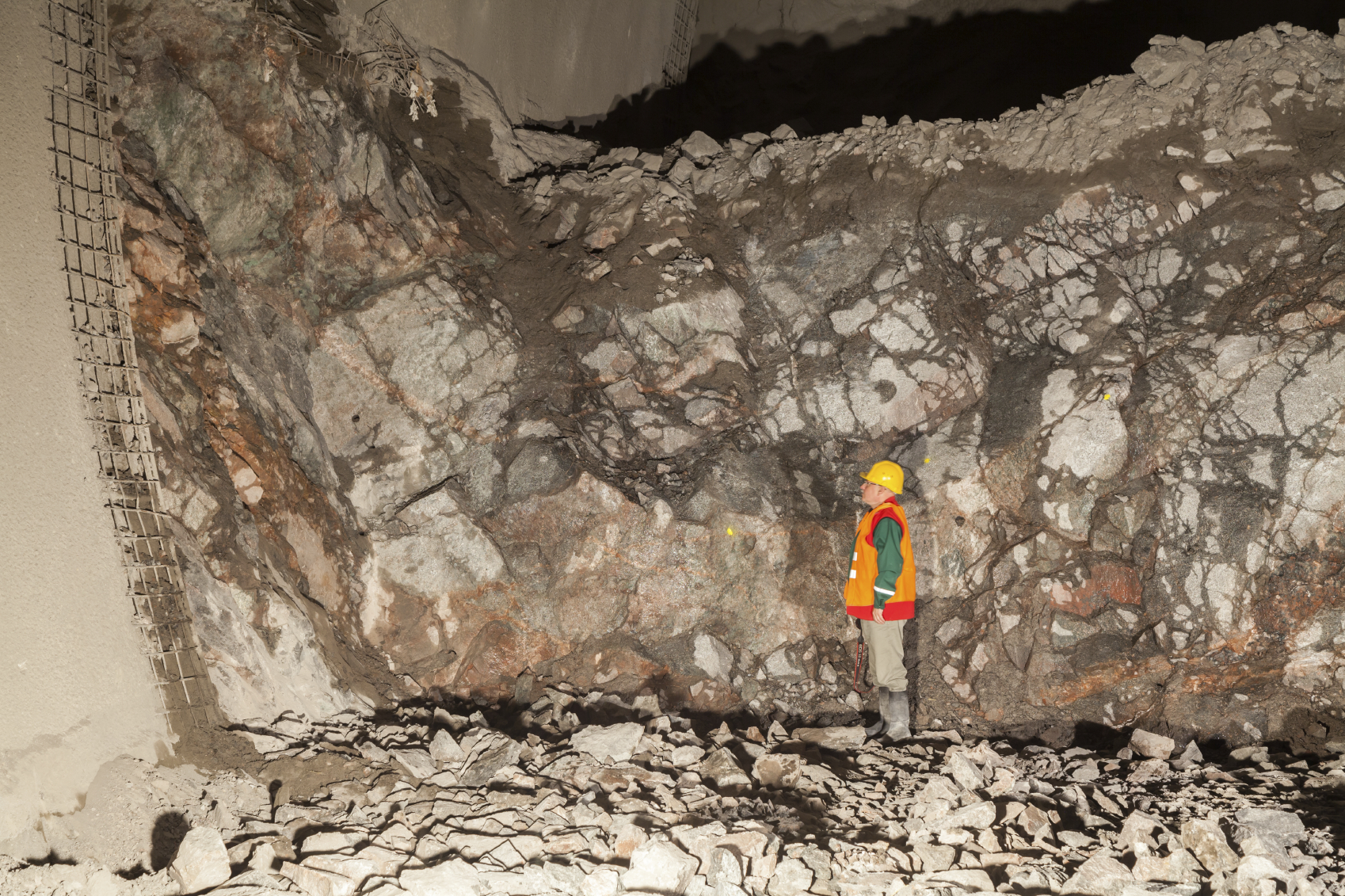Learn It Part 2
Now, read the next section of the article, continuing to identify and take notes on which parts of the excerpt are facts, reasoned judgments and speculation.
After reading, use your notes and observations from the reading to answer the questions that follow.

To understand earthquakes, geologists dig deep into the earth to examine rock samples.
Ready To Dig Deep
To understand the chain of events that trigger such massive quakes, the scientists from the university will take samples of rock from holes and record the conditions down deep. If they’re lucky, they will catch a quake in action.
Earthquakes are some of the most destructive and deadly natural disasters on the planet. They also are some of the least predictable. Scientists can say how likely a fault is to experience a quake, but they can only predict earthquakes over the span of decades. They are unable to give early warnings — not very helpful for people living in the area who have only moments to take cover.
Scientists don’t know how — or even if — it might be possible to predict earthquakes. Part of the problem is they know so little about how earthquakes start. The phenomenon begins deep below the surface of the Earth, too deep for researchers to go.
– Newselaopens in new window, August 19, 2014
Think about your answers to each of the following questions, and then click Show Answer to see if you are correct.
1. Which category of information is the statement “They also are some of the least predictable”?
2. What is the reasoned judgment that is made from the factual statement “They are unable to give early warnings”?
3. Based on the excerpt, which category of information would a predicted date of a future earthquake be – facts, reasoned judgment or speculation?


